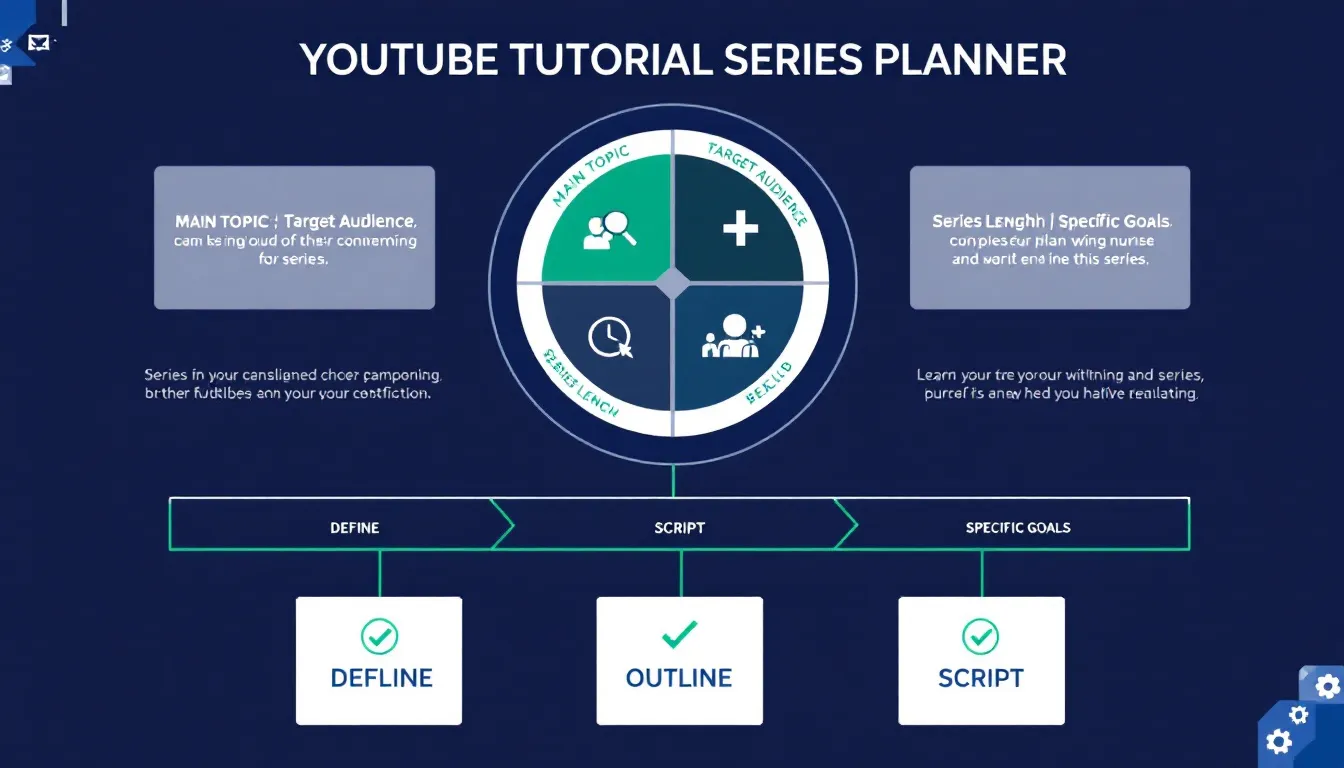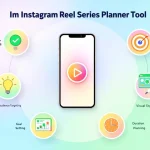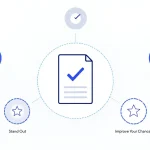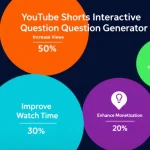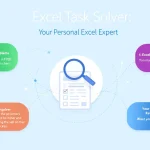YouTube Tutorial Series Planner
Generating your tutorial plan...
Is this tool helpful?
How to Use the YouTube Tutorial Series Planner Effectively
To create an impactful YouTube tutorial series plan using this tool, follow these step-by-step instructions:
1. Main Topic Field
Enter the primary subject of your tutorial series. For example:
- “Digital Photography Fundamentals”
- “Time Management and Productivity”
2. Target Audience Field
Specify your intended viewers’ demographics and experience level. Sample inputs:
- “Aspiring photographers with entry-level DSLR cameras”
- “Remote workers struggling with work-life balance”
3. Series Length Field
Input the desired number of episodes for your series. While optional, this helps structure your content appropriately. Consider factors like topic complexity and audience attention span.
4. Specific Goals Field
Detail the measurable outcomes viewers should achieve. Be precise and actionable with your goals.
Understanding the YouTube Tutorial Series Planner
The YouTube Tutorial Series Planner is a sophisticated content strategy tool designed to help creators develop structured, engaging, and impactful educational content. It transforms general topic ideas into comprehensive learning journeys by considering audience needs, learning objectives, and optimal content delivery methods.
Key Benefits of Using the Tutorial Series Planner
1. Strategic Content Organization
- Logical progression of topics
- Balanced distribution of information
- Clear learning pathways
- Optimal knowledge retention structure
2. Enhanced Audience Engagement
- Targeted content delivery
- Consistent value proposition
- Clear progression markers
- Achievable milestone setting
3. Professional Series Development
- Structured content framework
- Goal-oriented episode planning
- Comprehensive topic coverage
- Educational continuity
Problem-Solving Capabilities
Content Structure Optimization
The planner addresses common content creation challenges by providing a framework for:
- Topic segmentation
- Progressive skill building
- Knowledge scaffolding
- Audience retention strategies
Educational Impact Enhancement
It helps creators maximize learning outcomes through:
- Clear learning objectives
- Targeted skill development
- Measurable progress indicators
- Comprehensive coverage assurance
Practical Applications and Examples
Example 1: Fitness Training Series
Main Topic: “Home Workout Fundamentals”
Target Audience: “Beginners with limited equipment access”
Series Length: 12
Specific Goals: “Master basic bodyweight exercises, develop 30-minute workout routine, understand proper form and progression”
Example 2: Language Learning Series
Main Topic: “Conversational Spanish for Travelers”
Target Audience: “English speakers planning European vacations”
Series Length: 15
Specific Goals: “Learn essential travel phrases, master basic grammar, develop confidence in common scenarios”
Frequently Asked Questions (FAQ)
Q: How many episodes should my tutorial series contain?
The ideal length depends on your topic complexity and audience needs. Most successful series range from 8-15 episodes, allowing comprehensive coverage while maintaining viewer engagement.
Q: Should I plan my entire series before creating any content?
Yes, planning the complete series ensures coherent progression and helps maintain consistent quality across all episodes.
Q: How specific should my target audience be?
Be as specific as possible. Instead of “beginners,” use descriptors like “complete beginners with no prior experience in digital marketing seeking to start an online business.”
Q: Can I modify my series plan once I start creating content?
Yes, your series plan should be flexible enough to accommodate audience feedback and changing needs while maintaining core learning objectives.
Q: How do I ensure my tutorial series provides value?
Focus on specific, actionable outcomes in your goals section and ensure each episode contributes directly to achieving these objectives.
Q: Should I include practical exercises in my tutorial series?
Yes, incorporating practical exercises enhances learning retention and helps viewers apply concepts in real-world situations.
Strategic Planning Considerations
Content Progression Structure
- Foundation building episodes
- Skill development sequence
- Practice implementation guides
- Advanced concept integration
- Review and reinforcement segments
Audience Engagement Optimization
- Clear episode objectives
- Practical application examples
- Progress tracking mechanisms
- Interactive elements integration
- Community engagement opportunities
Success Metrics and Outcomes
To measure the effectiveness of your tutorial series, consider tracking:
- Viewer retention rates
- Comment engagement levels
- Completion testimonials
- Skill implementation success
- Community growth metrics
Best Practices for Implementation
Series Structure Development
- Create clear episode connections
- Maintain consistent terminology
- Develop progressive complexity
- Include regular recap segments
- Plan for audience interaction
Content Delivery Optimization
- Use varied teaching methods
- Incorporate visual aids
- Provide downloadable resources
- Include practical demonstrations
- Create engagement opportunities
Important Disclaimer
The calculations, results, and content provided by our tools are not guaranteed to be accurate, complete, or reliable. Users are responsible for verifying and interpreting the results. Our content and tools may contain errors, biases, or inconsistencies. We reserve the right to save inputs and outputs from our tools for the purposes of error debugging, bias identification, and performance improvement. External companies providing AI models used in our tools may also save and process data in accordance with their own policies. By using our tools, you consent to this data collection and processing. We reserve the right to limit the usage of our tools based on current usability factors. By using our tools, you acknowledge that you have read, understood, and agreed to this disclaimer. You accept the inherent risks and limitations associated with the use of our tools and services.
